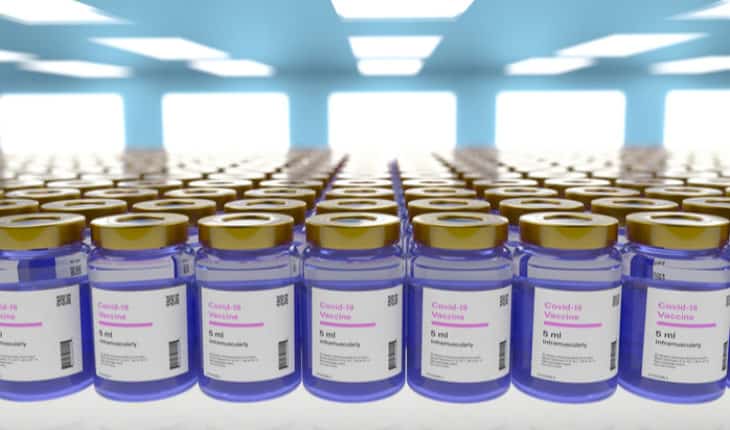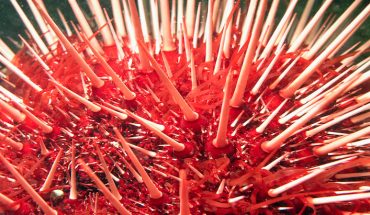The UK’s leading medical equipment testing company has issued a new warning on the use of fridges to store the new Oxford Astra-Zeneca vaccine.
Unless fridges are correctly calibrated and serviced, GP surgeries, pharmacies and other vaccine providers run the risk of damaging the effectiveness of the vaccine, which must be stored between 2-8 degrees Celsius.
Dominic Cadwallader, general manager of JPen Medical, said: “The danger is that, in the rush and anticipation of receiving the vaccine, providers may not check that the fridges they have on-site, or any new ones they have ordered, are up to the job of keeping this vaccine effective and safe to use.
“The Oxford Astra-Zeneca vaccine does not require the strict sub-zero storage that the more delicate Pfizer vaccine did, so there is a danger of complacency creeping in. This vaccine still requires very careful storage within a specific range of 2-8 degrees Celsius, and fridge temperatures can vary, depending on their age, maintenance history and use. Providers should never assume any fridge is satisfactory to store vaccines, even if it is brand new.”
The MHRA recommends that all medical devices should be subject to an ‘acceptance check’ to ensure they are safe to use. This should include calibrating the fridge to check it can deliver and maintain the required temperature range.
GP surgeries across England are already accepting doses of the vaccine, with thousands more due in the coming days and weeks.
Mr Cadwallader added: “With so many doses arriving daily, providers – especially those with limited space – may also be tempted to overfill their fridges, even storing doses on the floor of the fridge, which will have an impact on the overall temperature inside and on the vaccines themselves, so very careful daily use of the fridge is also essential in the vaccine roll-out.”
Reports this week suggest that fridges in pubs and restaurants could be utilised to help with storage of the vaccine, as demand increases to get the jabs into the community faster. This also raises concerns with JPen Medical.
“Pubs and restaurant fridges are not set up for storing medical products like vaccines and may have been unused for several months before they are turned on once again,” said Mr Cadwallader.
“It’s a good idea to utilise all the resources we have to beat this virus, but we must ensure we do not cut corners and undo the fantastic work that has been done to create these vaccines so quickly. The simple answer is to ensure that every fridge is serviced and calibrated before they accept any doses of the vaccine. This can be done quickly and effectively ensuring no further delays in the vaccine programme.”
- The da Vinci 5 Robot Is Set To Transform Bariatric Care: - 31st March 2025
- Beyond money: the hidden drivers fuelling child food insecurity - 31st March 2025
- Tobacco and Vapes Bill - 31st March 2025






